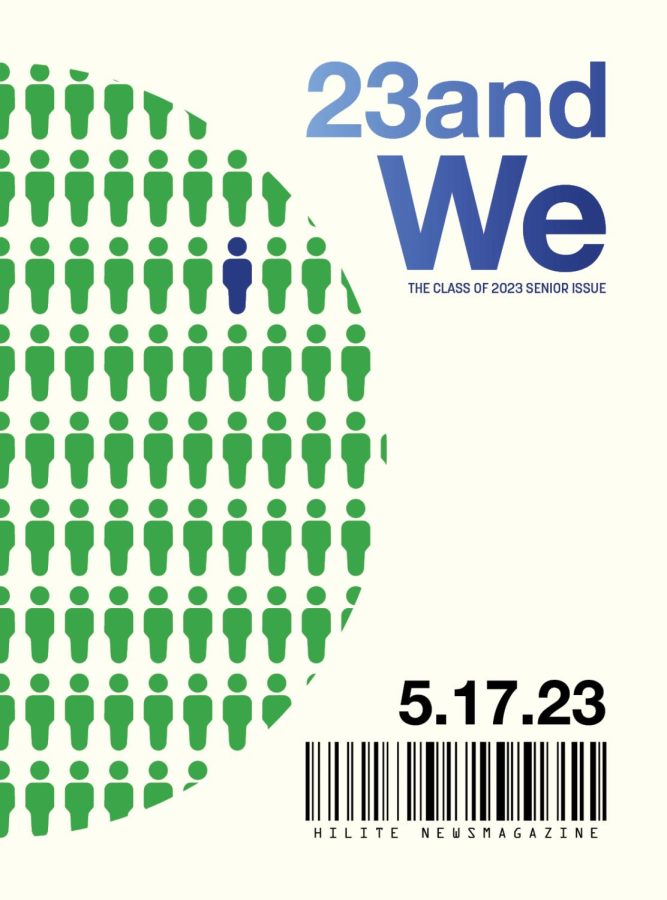Senior Aqsa Karim, who has Bengali heritage, said her parents taught her about her culture when she was younger.
“I am Bengali. Growing up, I had strong input from my parents about my cultural heritage, and I just did not want to give that up,” she said.
As she got older, Karim said she began to research more about her heritage.
“Through connecting more with my culture (by myself) instead of through my parents like I did when I was little…I have discovered a new sense of identity for myself,” she said.
According to UNESCO, heritage is a cultural legacy that has been, and will continue to be, passed down for generations. Everyone has a heritage, a family tree formed in the distant past long before they were ever born. According to Heritage Films, heritage has served an important role throughout human history and continues to be vital in allowing people to understand and connect with their backgrounds today.
Business teacher Jacob Goodman, who has also extensively researched his heritage, said he was first inspired to take on the initiative after the death of a family member.
“About seven years ago, my last grandparent, Betty, passed away and then shortly after that, I was just reflecting on my family and my grandparents and realizing that I had a lot of vague knowledge about our family history, you know, different countries, maybe where some ancestors came from, but no real solid names and not really much concrete information. So, I started researching my ancestry in the beginning on ancestry.com, like most people do,” he said.
Goodman said he was only able to gain so much information from the website before encountering roadblocks.
“And then of course, you hit brick walls or they don’t have documents that you need. Especially on my dad’s side, there were a lot of unknowns. There were many brick walls in my family tree,” he said. “So basically, I started actually going into public libraries and looking at old newspapers on microfilm. I started going to county clerk’s offices throughout Kentucky and getting old marriage certificates that weren’t digitized yet. As soon as that happened once or twice, I was pretty hooked and I’ve been going strong ever since.”
While heritage brings people closer to their roots, it can also have more complicated effects, especially when one’s heritage does not match with the predominant heritage found in an area.
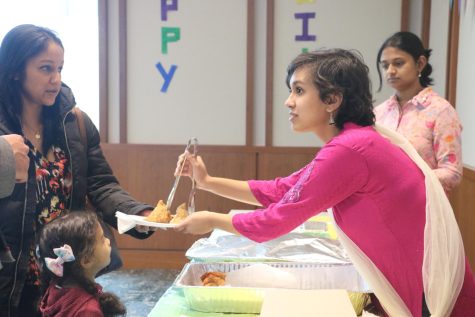
Karim, who has experienced this firsthand, said her heritage has given her different sides to her identity.
“I’ve experienced two different parts of my personality,” she said. “At school, I’d be a different person than at home, where I’d be more like a brown person type, per se.”
Karim is not alone in feeling the disconnect between the presence of her cultural heritage at home versus in public. Junior Sami Syed, who is predominantly of North Indian heritage, said he feels a disbalance regarding language.
“I (think) that the biggest challenge in balancing culture is the use of language,” Syed said. “At home, we speak Urdu, but as a result, I only speak Urdu at home, and not anywhere else. I don’t speak the language at school or elsewhere, and thus, it feels as if my culture is only reserved for at home at times.”
However, Karim said her heritage has become an important part of her identity and is something she takes pride in.
“In my old school, there weren’t many brown kids and not many brown kids in my class. So, I thought (by assimilating), I would probably have a better time fitting in. But as I grew up, I realized that in doing so, I’d be deleting a part of myself that I found very dear to me,” she said. “I don’t want to forget who I was as a kid or where my parents came from. Because even though I grew up and was born in America, I still am Bengali. That’s a part of me that will never go away, no matter how much I try to become someone different. So, in realizing that, I’ve found a new sense of peace within myself.”
Syed also said his heritage is important to him and makes up a significant part of his life.
“My heritage is a large part of my life since there is a decently sized Muslim community in Carmel and Fishers,” Syed said. “As such, a lot of the culture is preserved here. Indo-Islamic culture has had a significant impact on my family life, from the food we eat, to the parties we go to.”
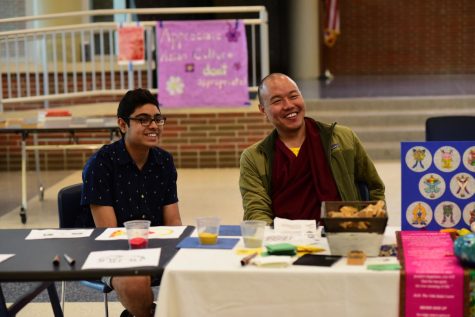
In addition to the community building benefits it provides, Syed said his heritage has taught him many important lessons and has allowed him to expand his world views.
“I feel that it is important to stay in touch with my heritage because it’s the way that my ancestors have lived and it broadens my view of the world,” he said. “Since we live in America, we are only truly educated and exposed to forms of Western philosophy. However, I believe that there is great value within Eastern philosophy as well, such as neo-Christian ethics, Islamic ethics, and simply how these cultures interact with one another so that we can apply those concepts in other areas of our lives.”
According to Syed, researching one’s heritage is a valuable way to find a sense of belonging and identity.
“I would encourage other people to research their own heritage because I believe it brings a sense of self-identity. Although the way our ancestors lived should not be the definitive way we live, I believe it is important to at least learn how they lived in order to apply positive aspects of their culture into our daily lives in the modern age,” he said.
Goodman said he also encouraged more people to learn more about their heritage, but understood those that weren’t interested.
“I do encourage people to (research their own heritage). I really think that a lot of people could benefit from it, but I have close friends and people I’ve met who have told me that they’re just not really interested in it,” he said. “I think it depends on your personality type. Some people are gonna find it fascinating and other people (not so much).”
Despite this, Goodman said he believed researching heritage can be a thrilling experience that can satiate people’s curiosity.
“I think that people are hungry to find meaning in their life because we live in such a diverse country with a very interesting history full of ups and downs. And not everybody really even knows where they fit into this whole equation. And I think (researching your heritage) can give you some insight into that.”
Karim, who said she already knows how she fits into the equation, said she hopes to always maintain her ties to her heritage.
“It’s just something that I really hope doesn’t die out,” she said. “In thinking of my future life, I don’t want to forget my culture. I don’t want to get assimilated into something else. I want to keep being myself with all parts of myself rather than only living as (one part of myself).”

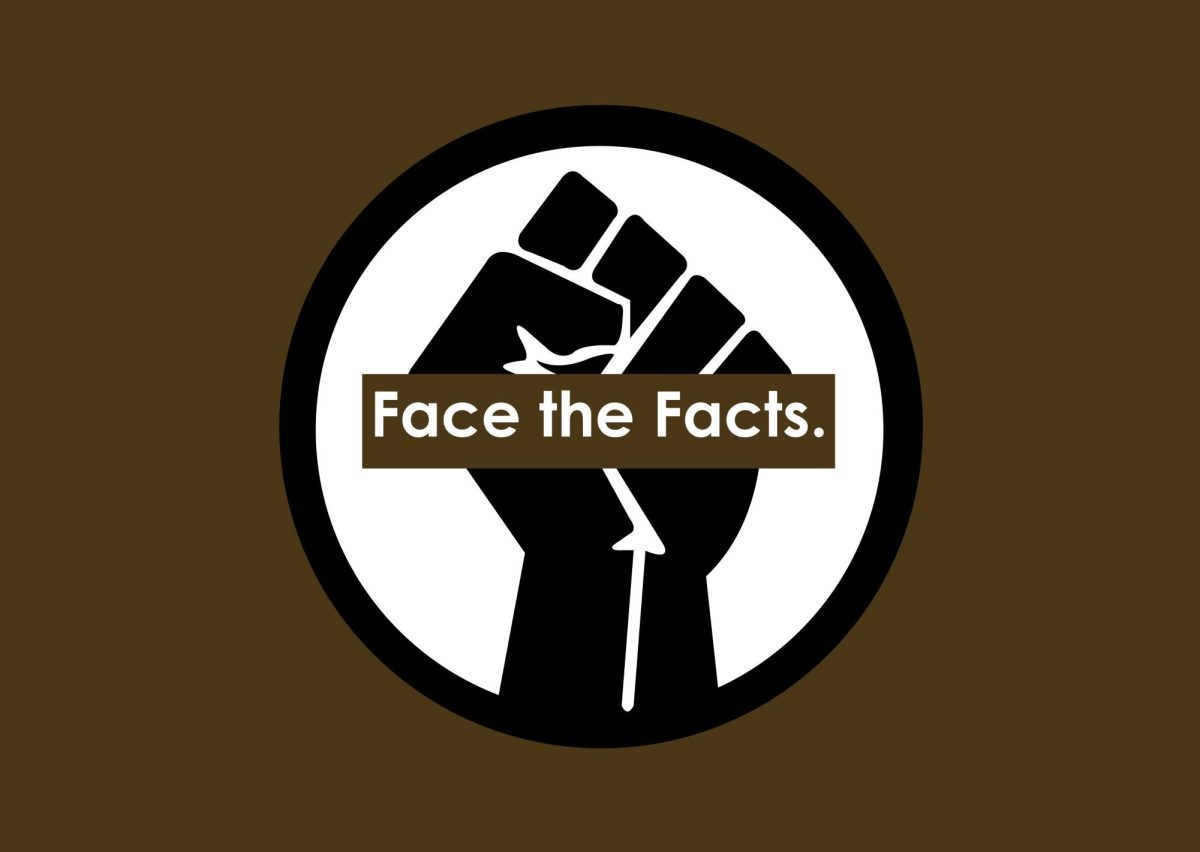
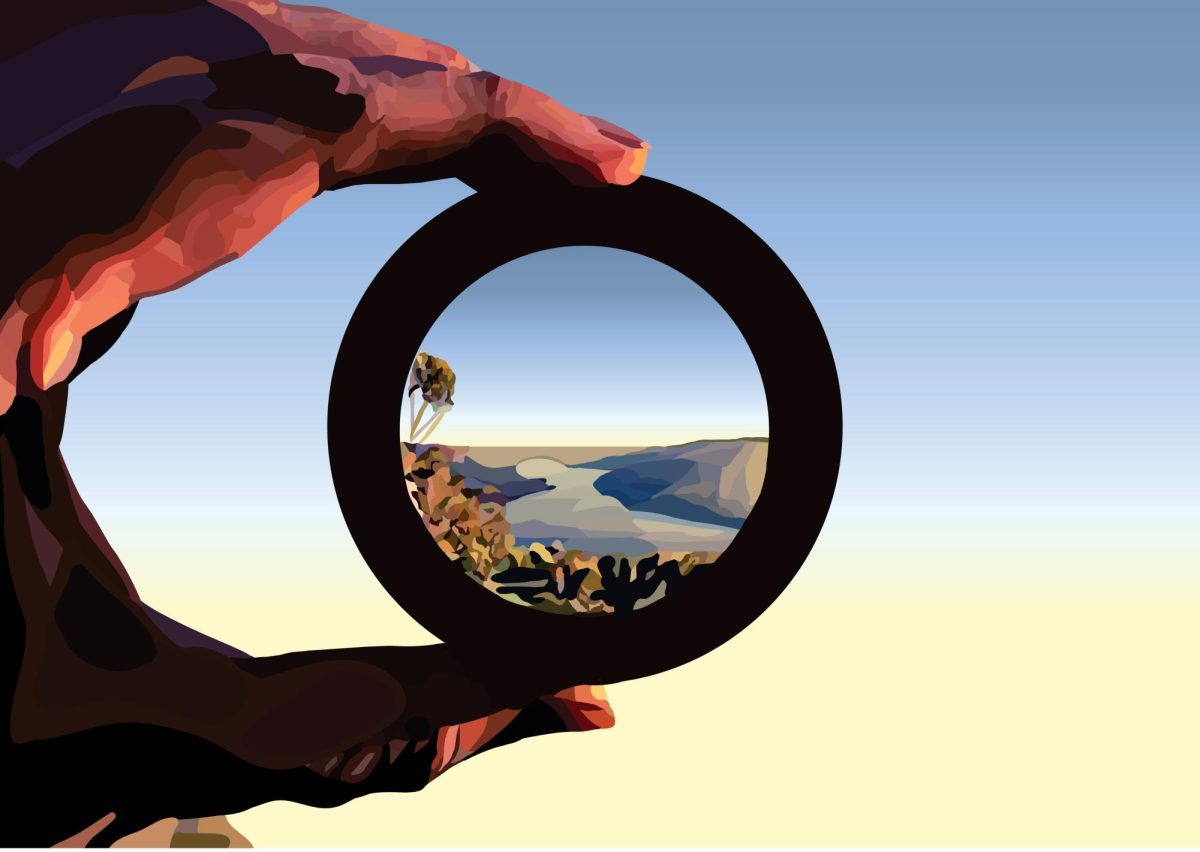



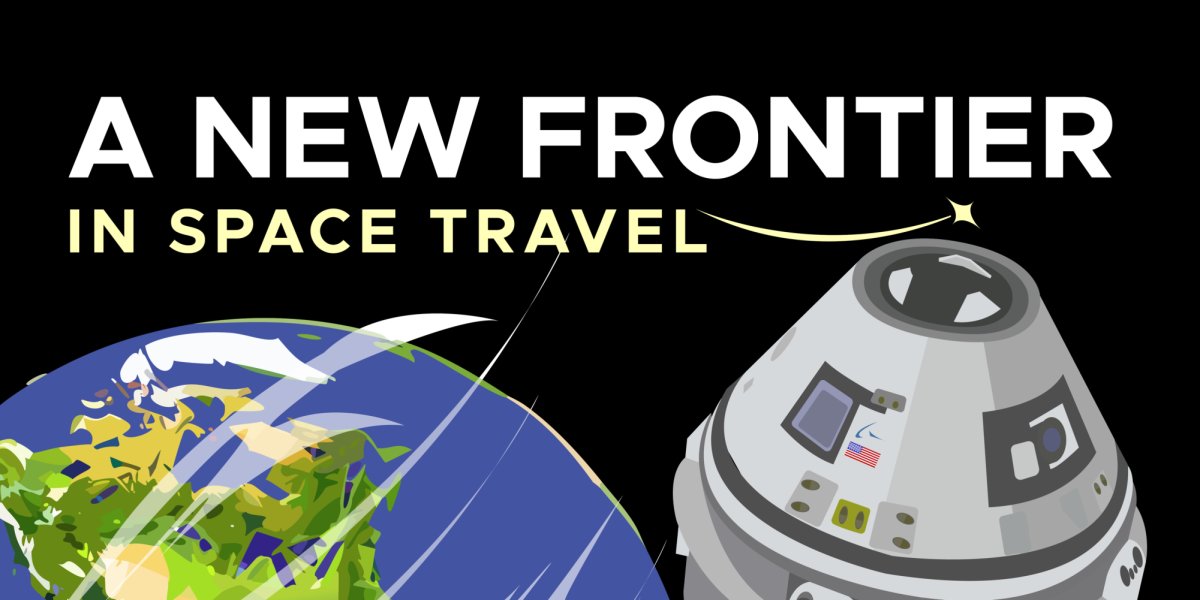



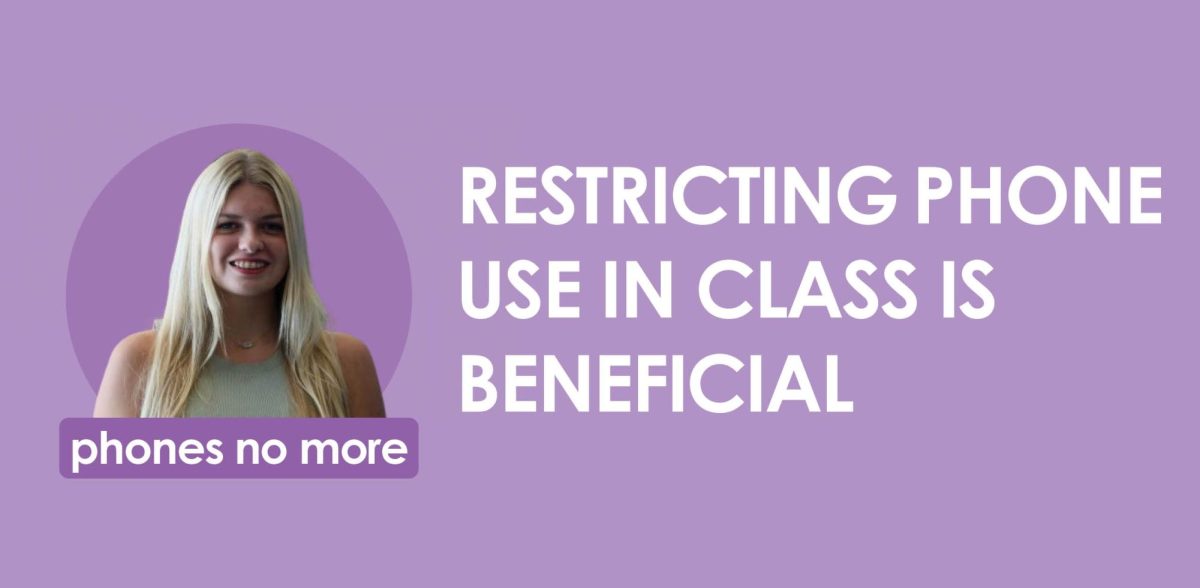
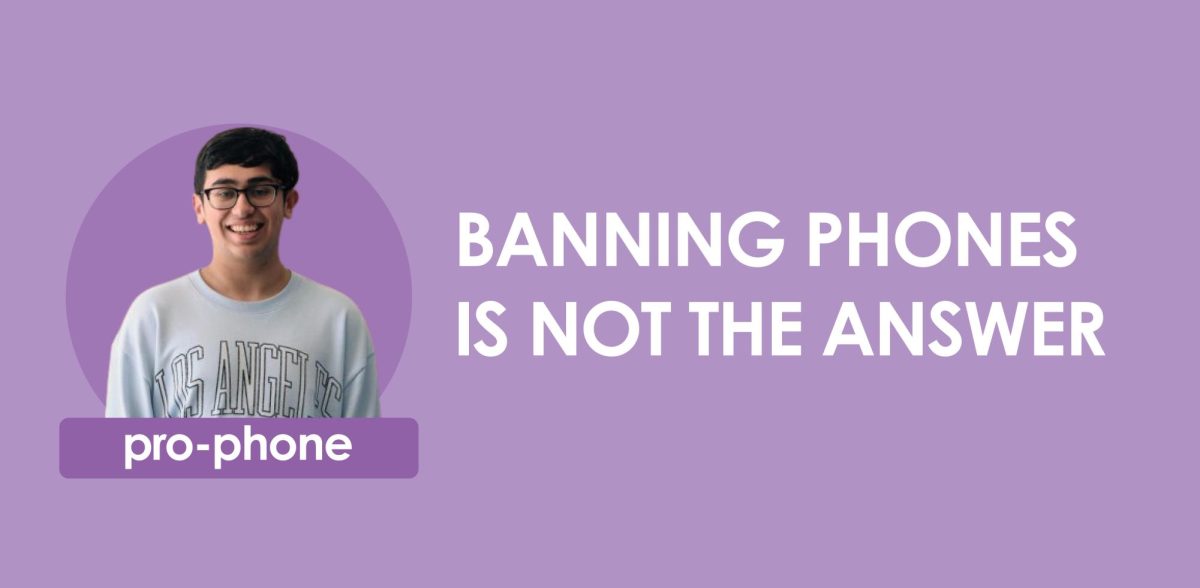
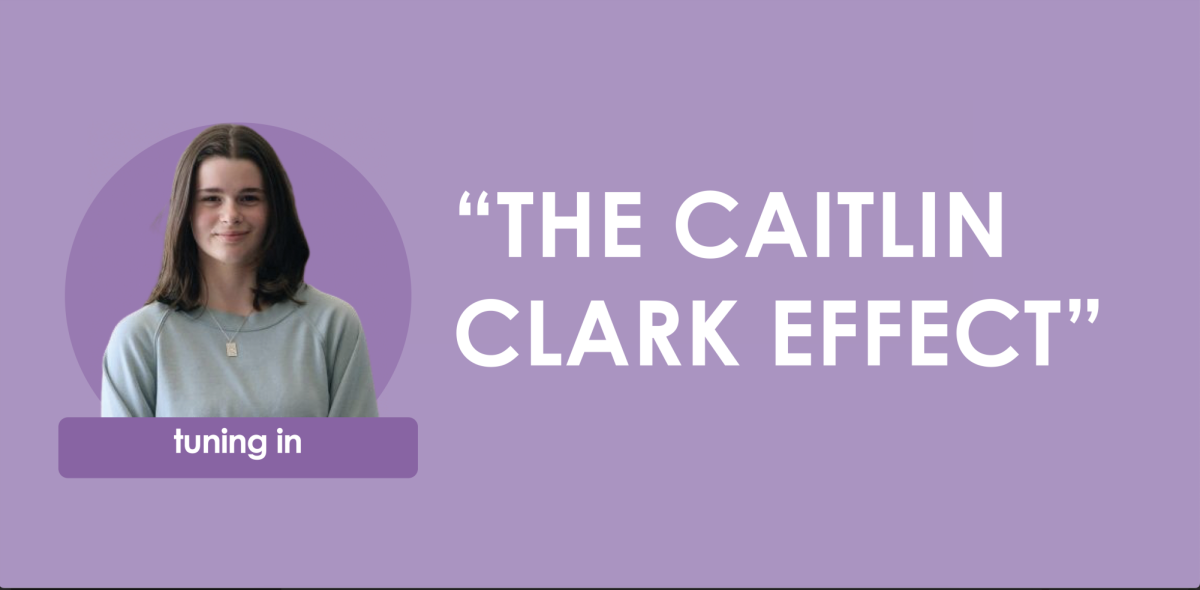
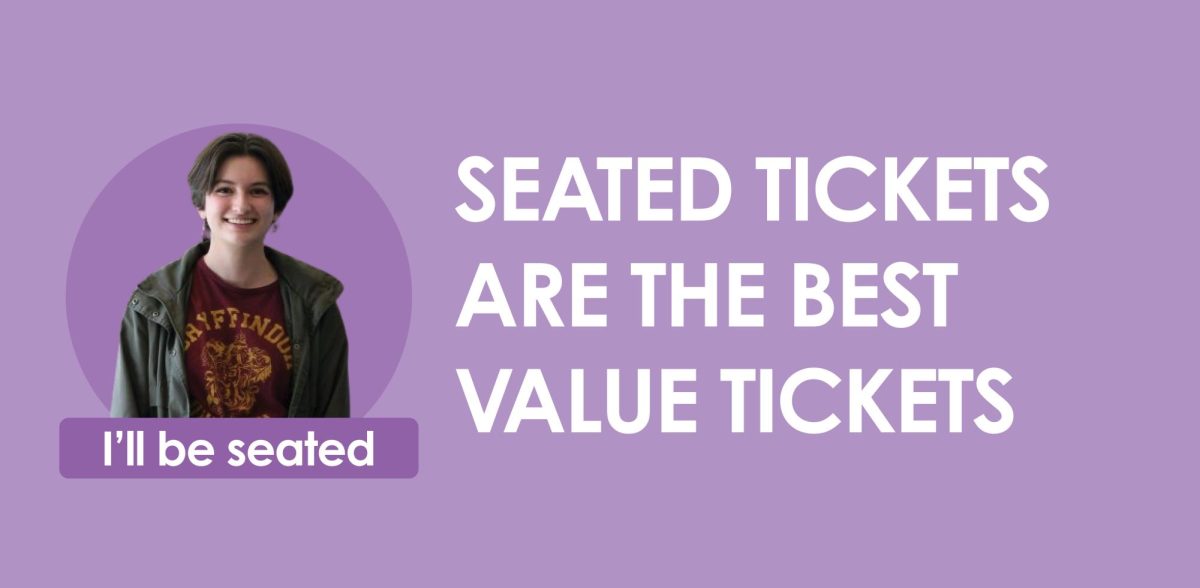
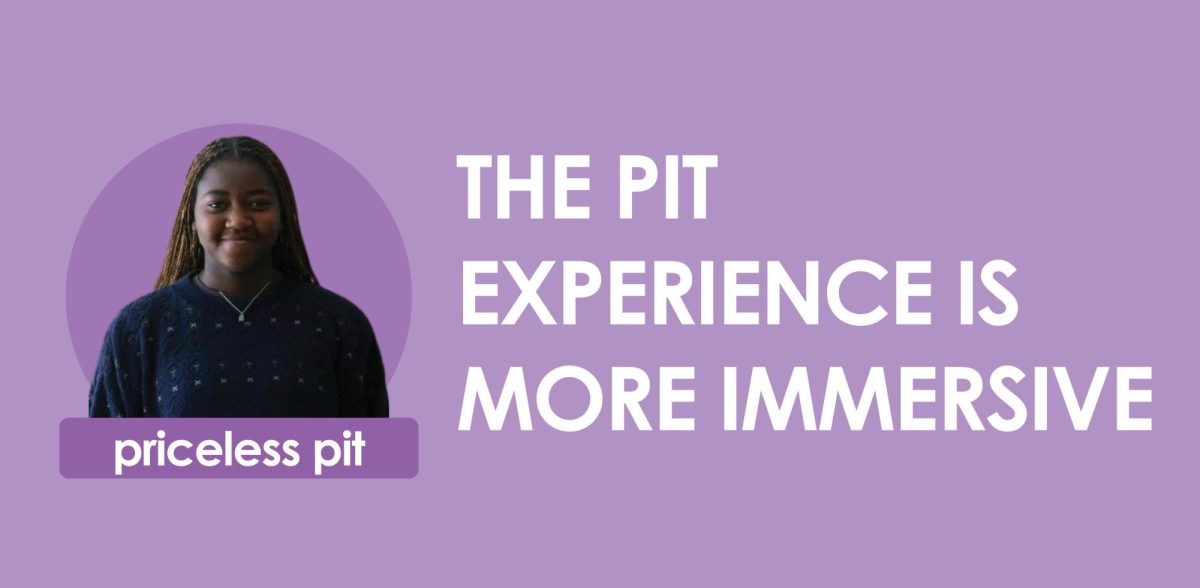
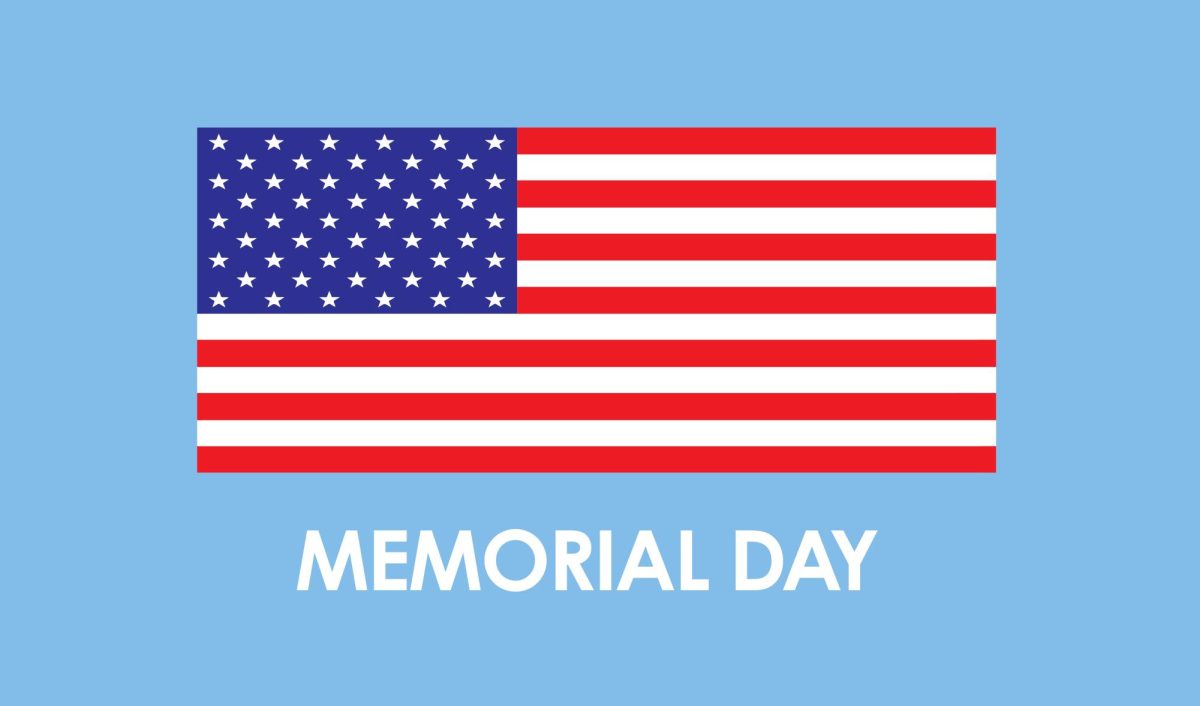


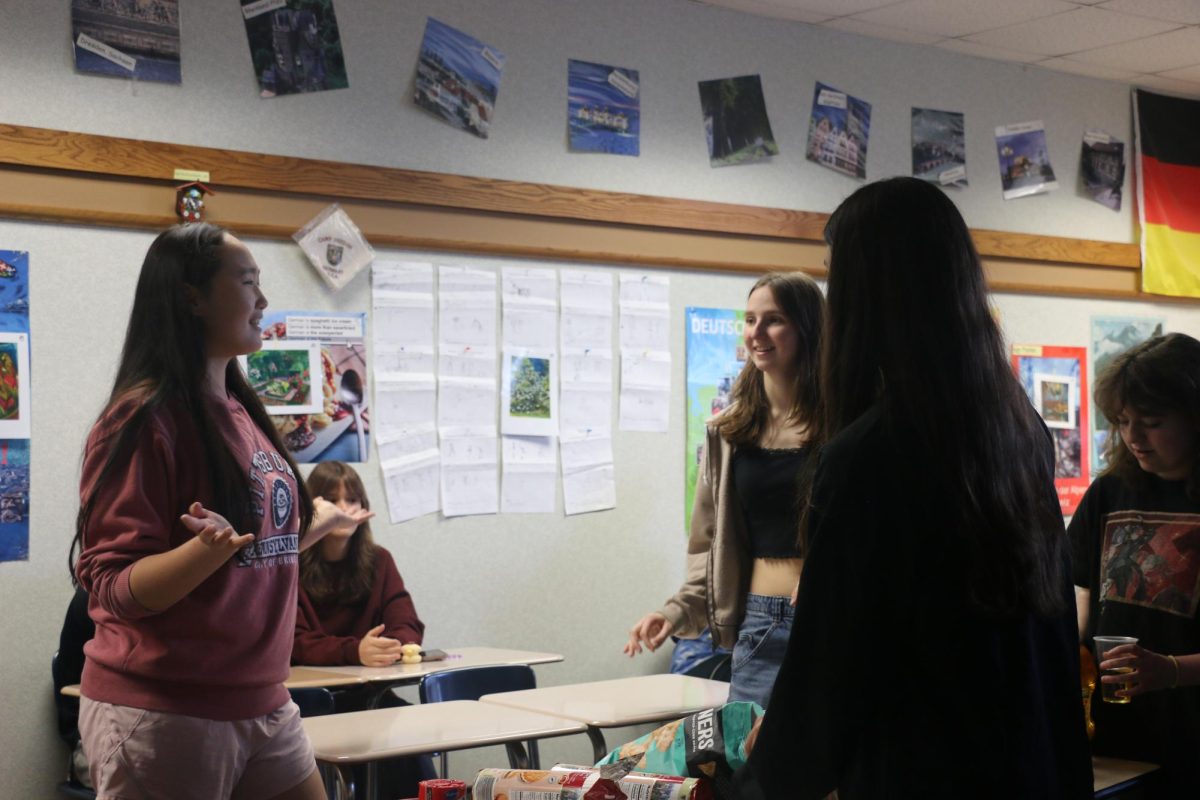

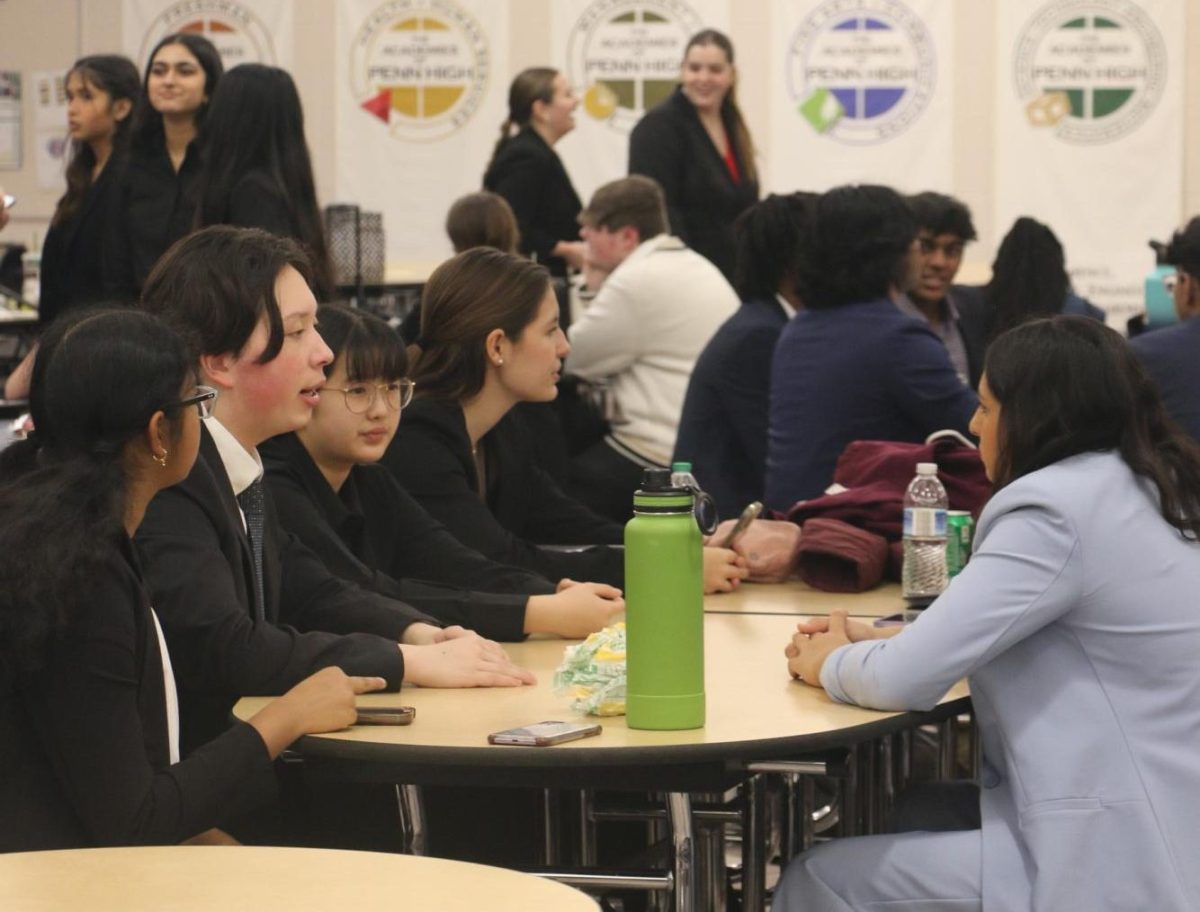
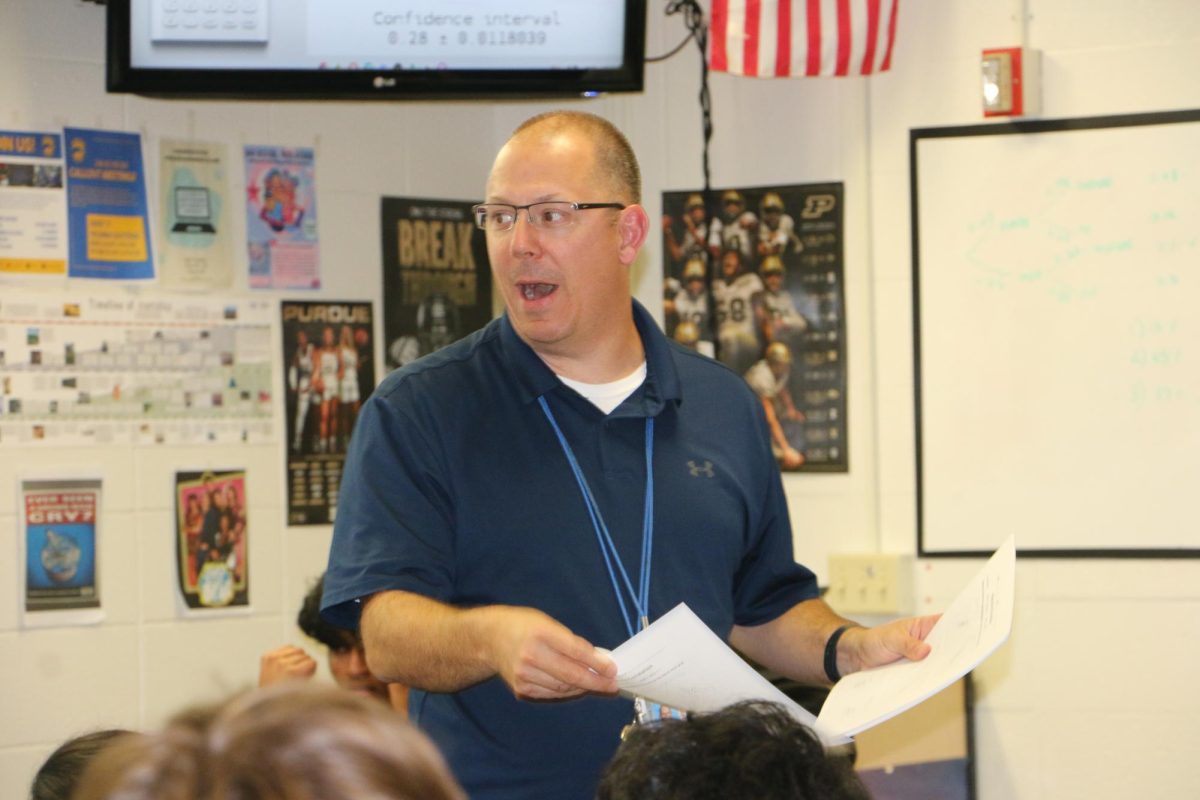








![Family vlogger controversy, need for content reform [opinion]](https://hilite.org/wp-content/uploads/2024/05/Screenshot-2024-05-14-11.33.37-AM-1200x465.png)
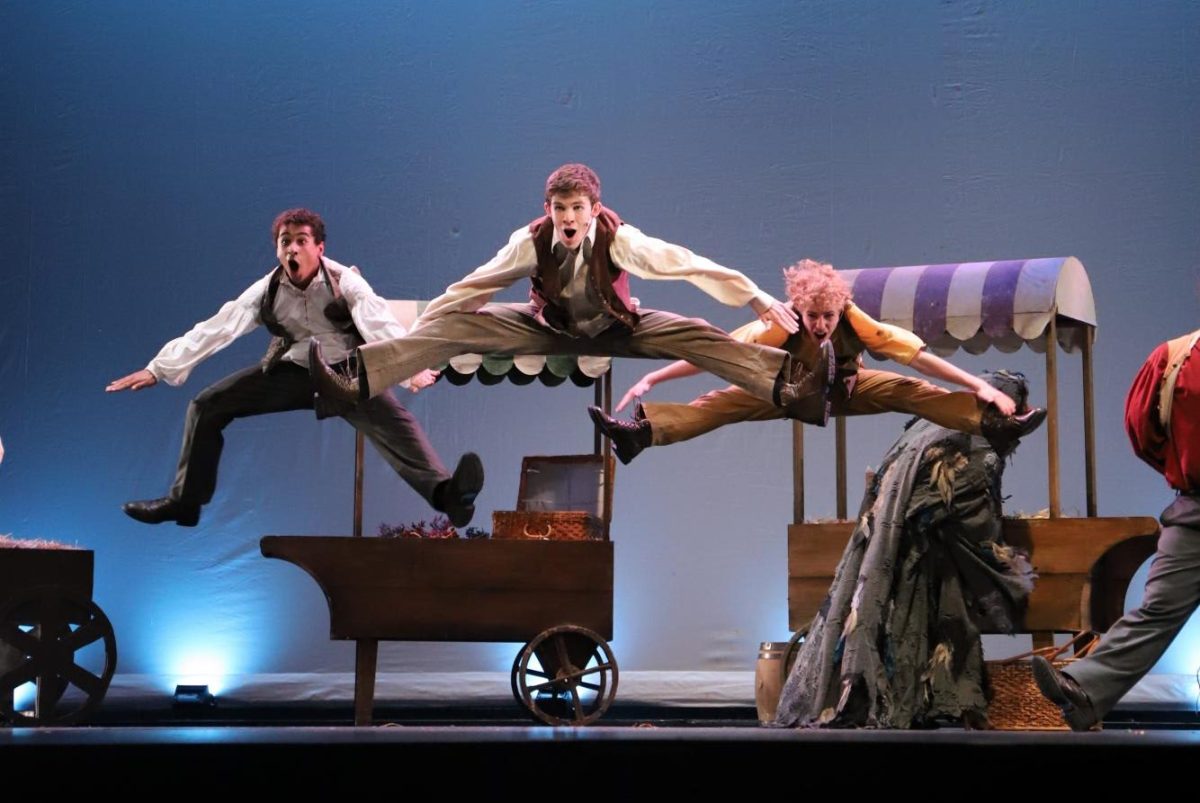
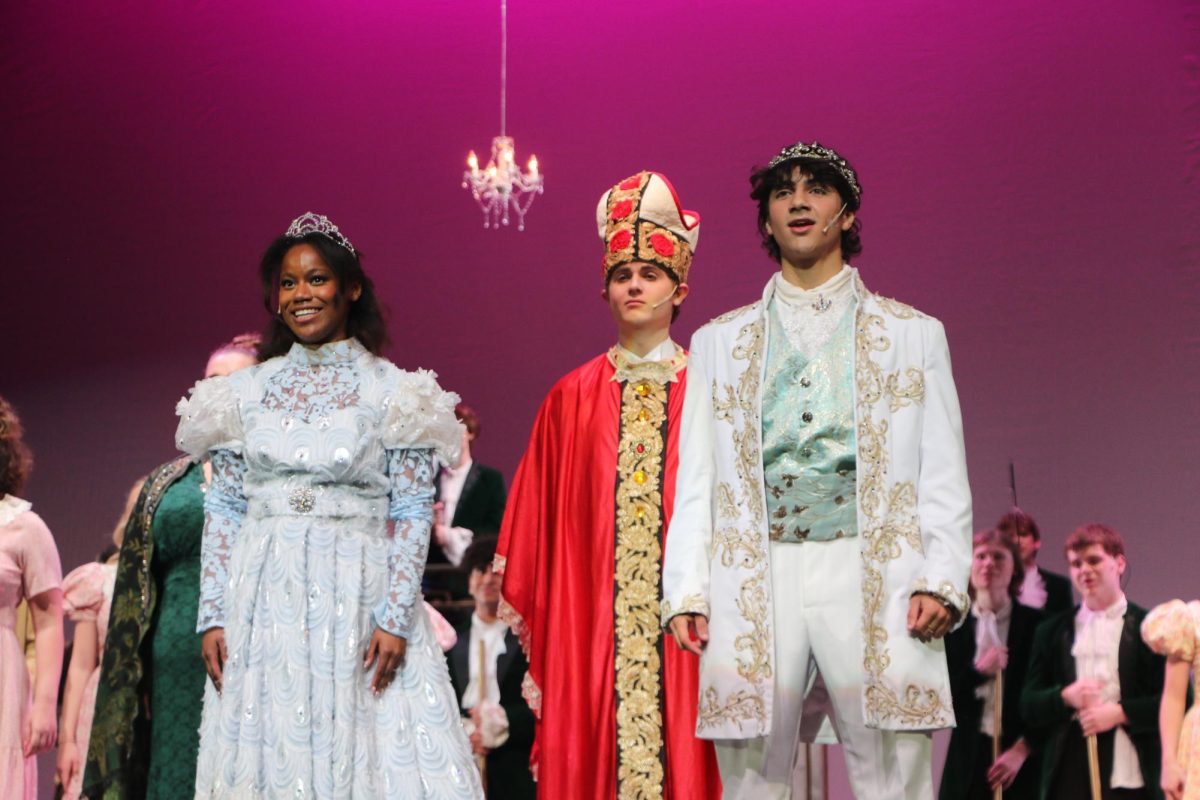
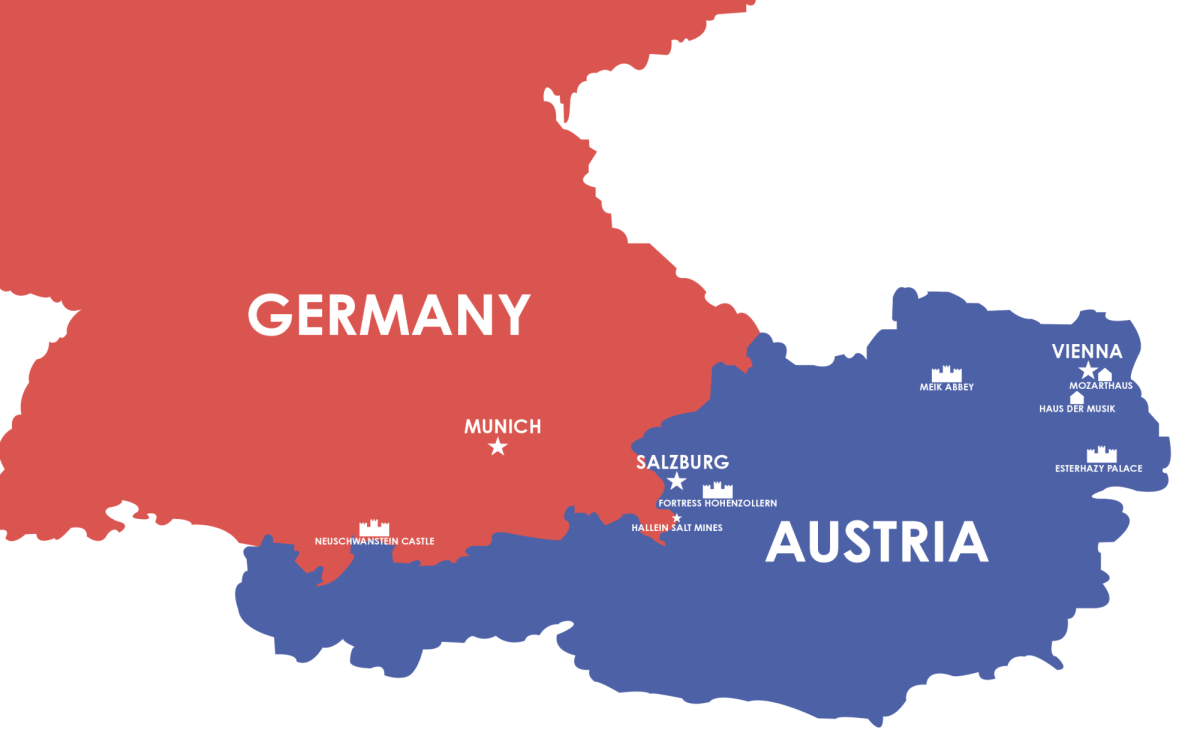


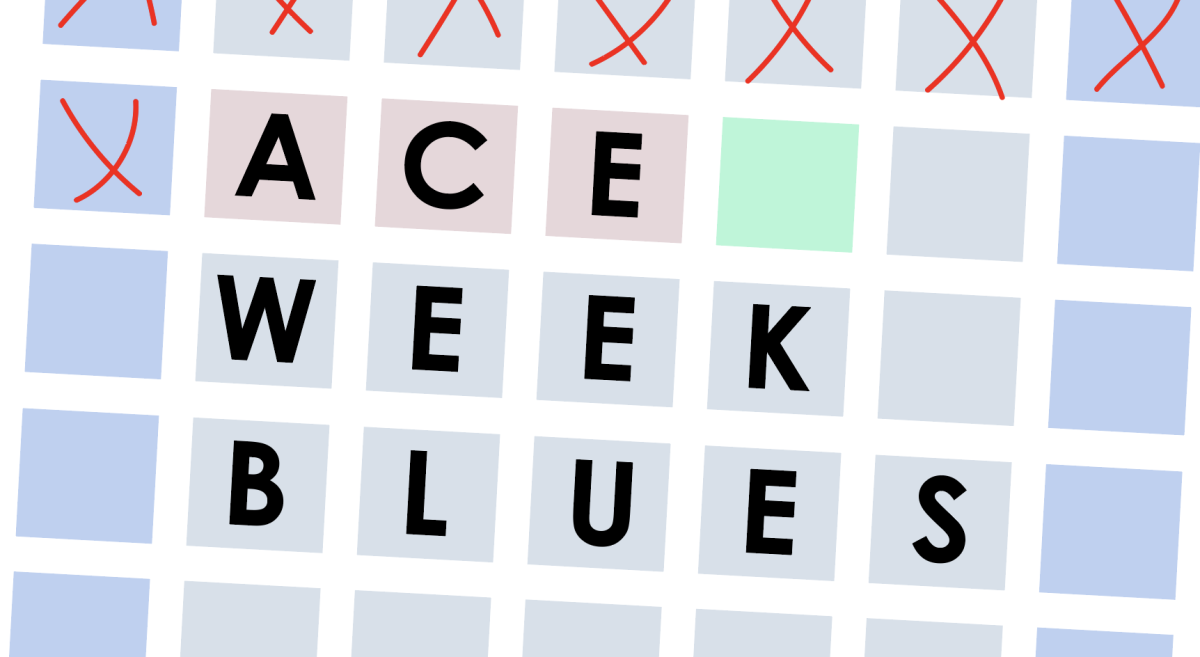
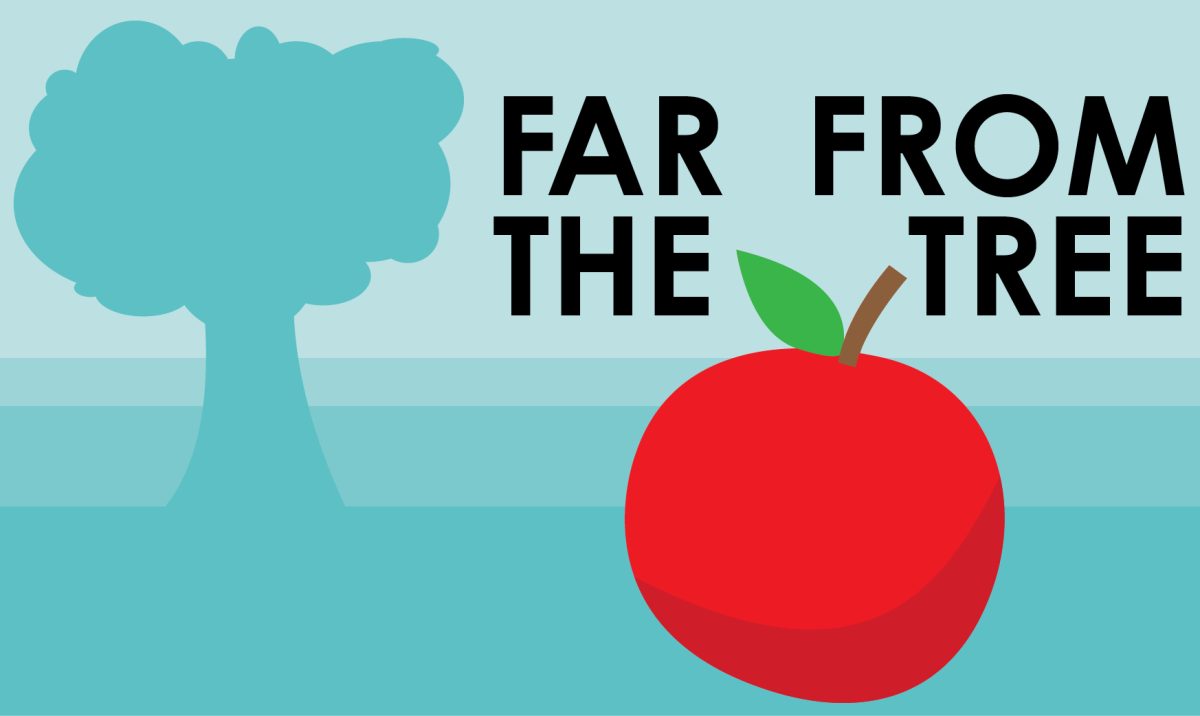
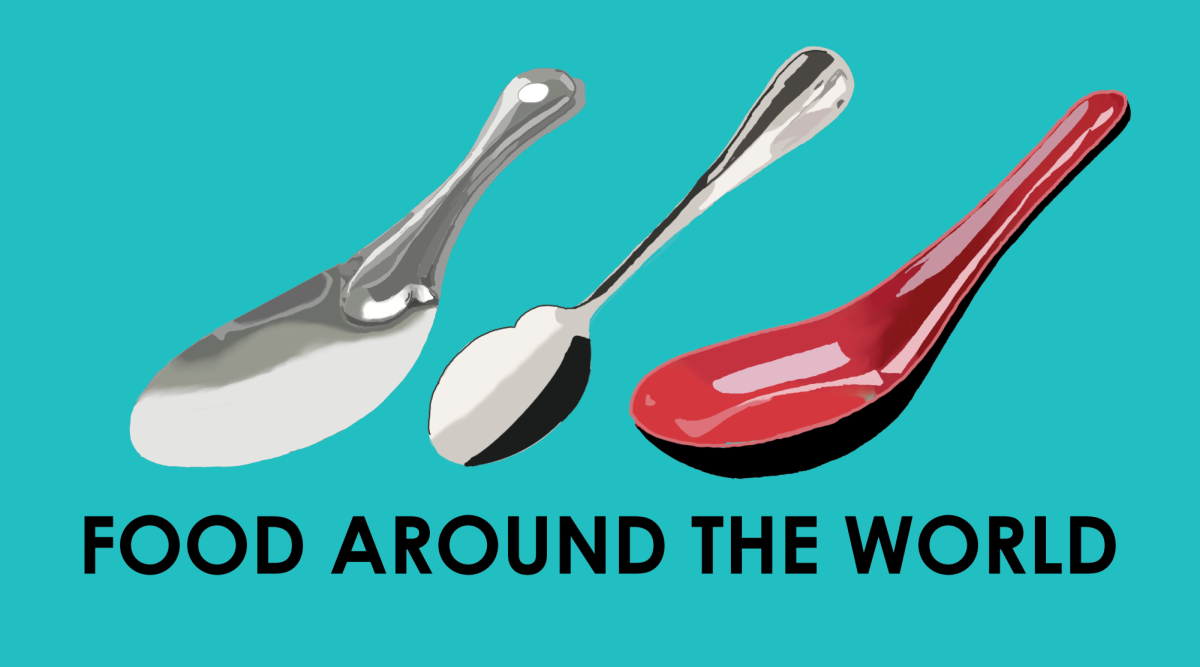
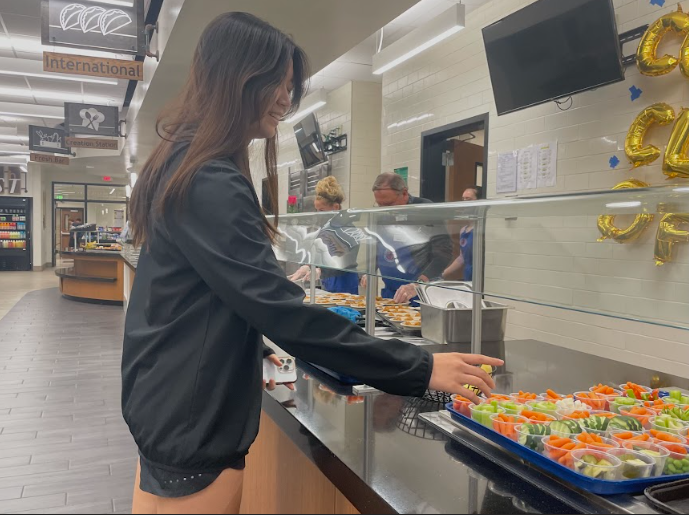





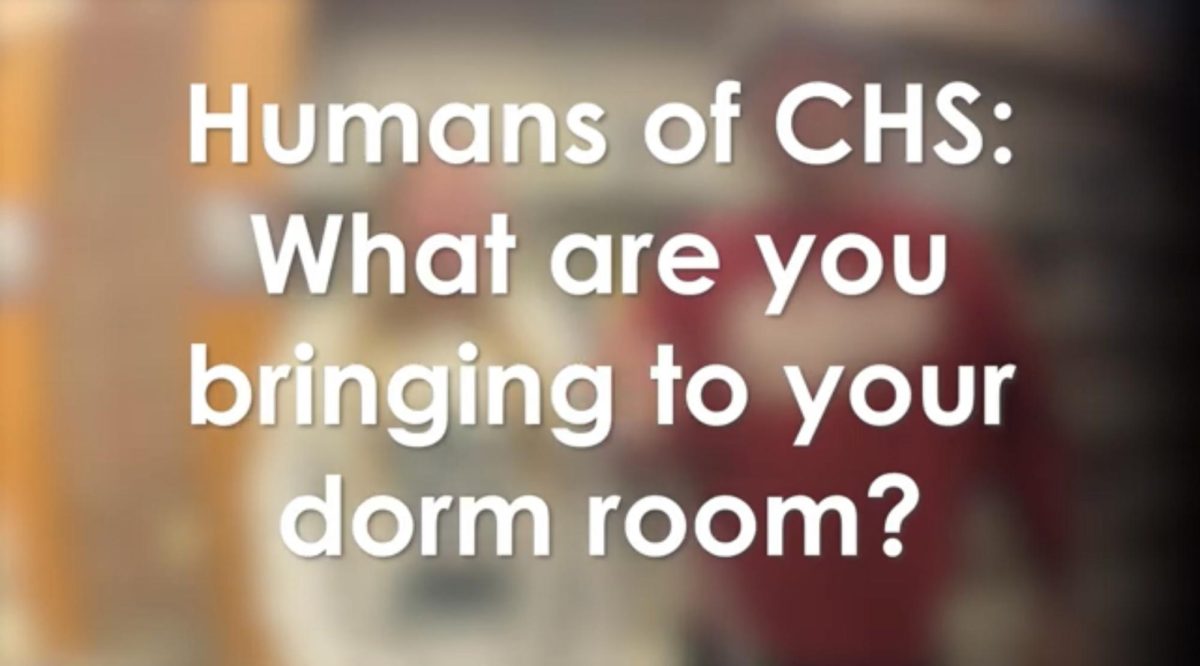









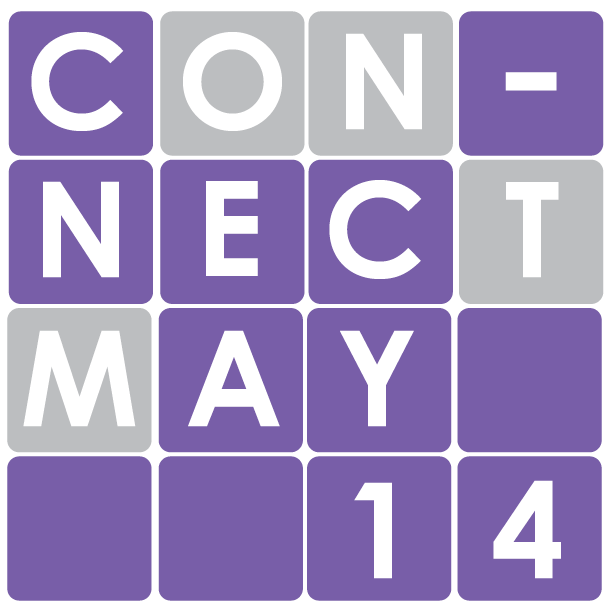
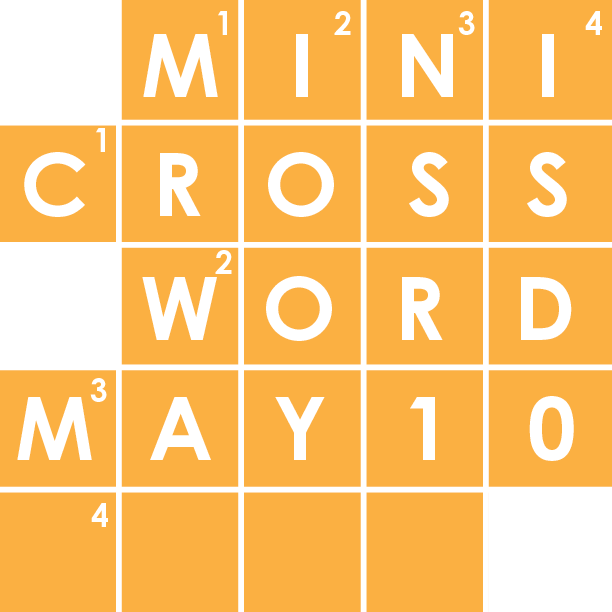
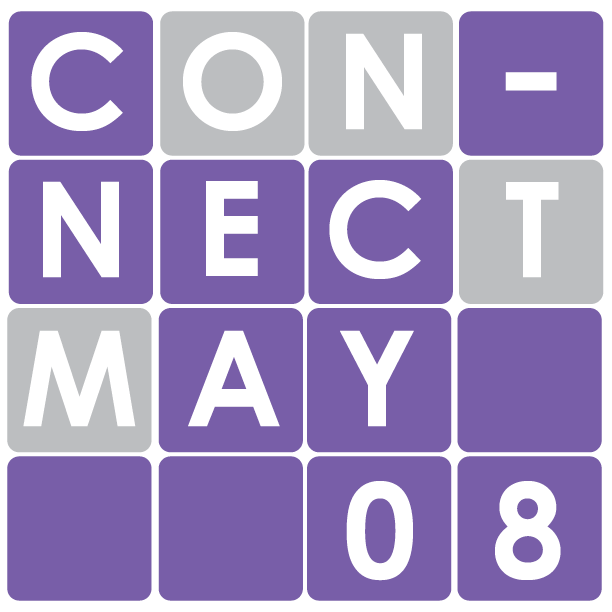
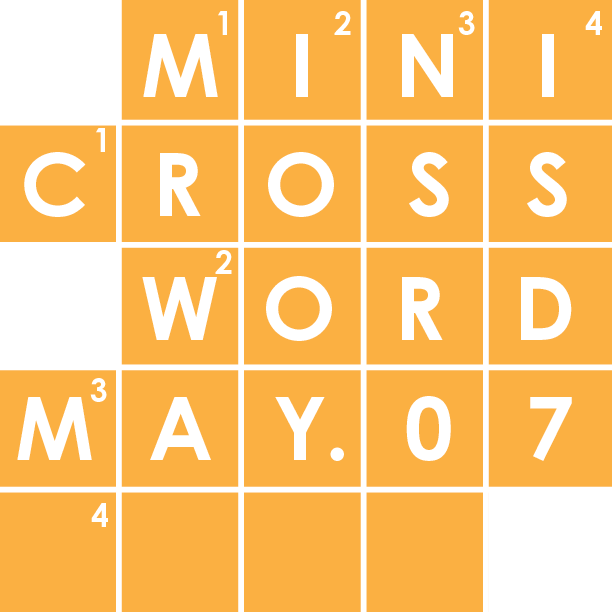
![Review: Taylor Swift’s new album The Tortured Poets Department is not her best work but is still a brilliant album [MUSE]](https://hilite.org/wp-content/uploads/2024/05/The-Anthology_Cover-1200x675.webp)
![Review: Challengers does it all [MUSE]](https://hilite.org/wp-content/uploads/2024/05/challengers-poster-1200x600.png)
![Review: A House of Flame and Shadow by Sarah J. Maas was a disappointing read [MUSE]](https://hilite.org/wp-content/uploads/2024/05/house-of-flame-and-shadow-feature.png)
![Review: Conan Gray’s new album, “Found Heaven”, is a refreshing twist on modern music [MUSE]](https://hilite.org/wp-content/uploads/2024/05/Screenshot-2023-10-31-at-16.01.05.webp)
![Review: “Bodies, Bodies, Bodies” is the quintessential Gen-Z movie [MUSE]](https://hilite.org/wp-content/uploads/2024/05/Screenshot-2024-05-15-140618.png)
![Review in Print: Maripaz Villar brings a delightfully unique style to the world of WEBTOON [MUSE]](https://hilite.org/wp-content/uploads/2023/12/maripazcover-1200x960.jpg)
![Review: “The Sword of Kaigen” is a masterpiece [MUSE]](https://hilite.org/wp-content/uploads/2023/11/Screenshot-2023-11-26-201051.png)
![Review: Gateron Oil Kings, great linear switches, okay price [MUSE]](https://hilite.org/wp-content/uploads/2023/11/Screenshot-2023-11-26-200553.png)
![Review: “A Haunting in Venice” is a significant improvement from other Agatha Christie adaptations [MUSE]](https://hilite.org/wp-content/uploads/2023/11/e7ee2938a6d422669771bce6d8088521.jpg)
![Review: A Thanksgiving story from elementary school, still just as interesting [MUSE]](https://hilite.org/wp-content/uploads/2023/11/Screenshot-2023-11-26-195514-987x1200.png)
![Review: When I Fly Towards You, cute, uplifting youth drama [MUSE]](https://hilite.org/wp-content/uploads/2023/09/When-I-Fly-Towards-You-Chinese-drama.png)
![Postcards from Muse: Hawaii Travel Diary [MUSE]](https://hilite.org/wp-content/uploads/2023/09/My-project-1-1200x1200.jpg)
![Review: Ladybug & Cat Noir: The Movie, departure from original show [MUSE]](https://hilite.org/wp-content/uploads/2023/09/Ladybug__Cat_Noir_-_The_Movie_poster.jpg)
![Review in Print: Hidden Love is the cute, uplifting drama everyone needs [MUSE]](https://hilite.org/wp-content/uploads/2023/09/hiddenlovecover-e1693597208225-1030x1200.png)
![Review in Print: Heartstopper is the heartwarming queer romance we all need [MUSE]](https://hilite.org/wp-content/uploads/2023/08/museheartstoppercover-1200x654.png)











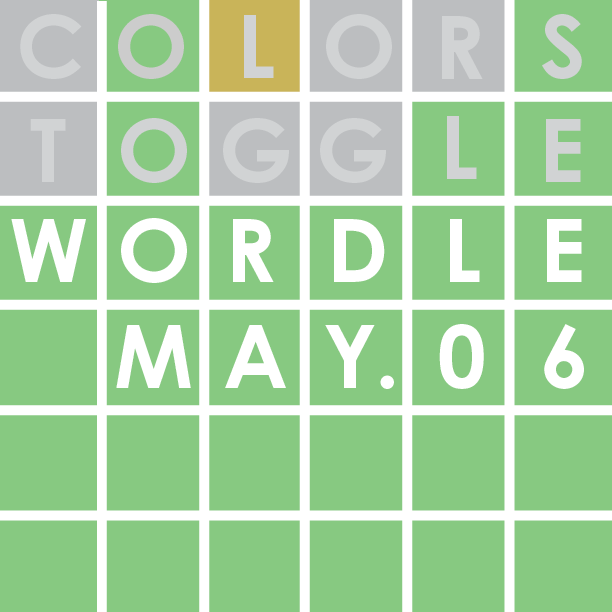

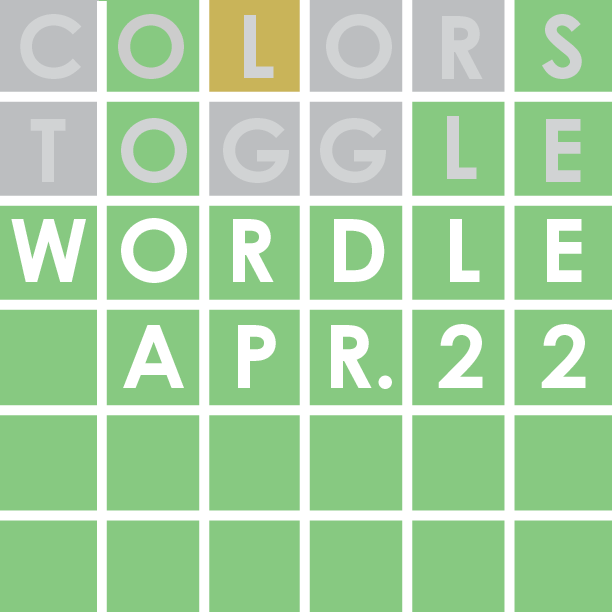

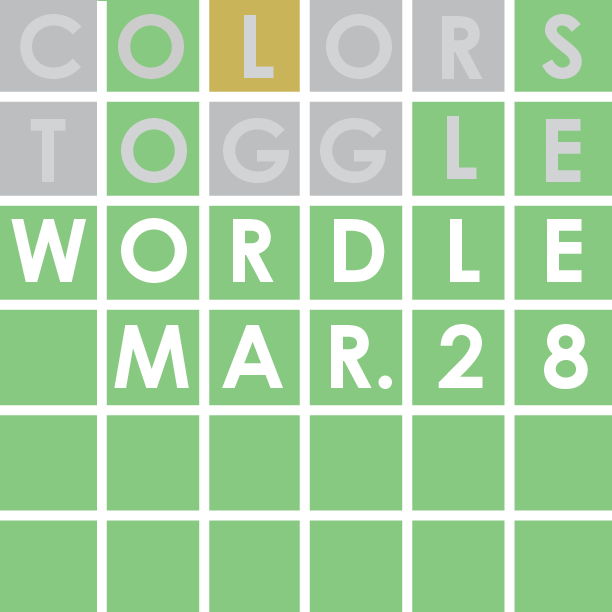






![Review: “Ginny & Georgia” is a dramatic and poorly made emotional rollercoaster–and I loved it anyway [MUSE]](https://hilite.org/wp-content/uploads/2024/03/ginny-and-georgia-season2-main-be37bbb9487a41e88b3f66c3baacd5c3-300x177.jpg)
![Review: Witch Hat Atelier is a masterpiece in art and world-building, but the story has only begun [MUSE]](https://hilite.org/wp-content/uploads/2024/01/unnamed-211x300.png)
![Review: “Mysterious Lotus Casebook” is an amazing historical Chinese drama [MUSE]](https://hilite.org/wp-content/uploads/2024/03/0-300x170.webp)
![Review: “A Little Life” by Hanya Yanagihara is the epitome of a heartwrenching masterpiece [MUSE]](https://hilite.org/wp-content/uploads/2024/01/unnamed-5-300x200.png)


